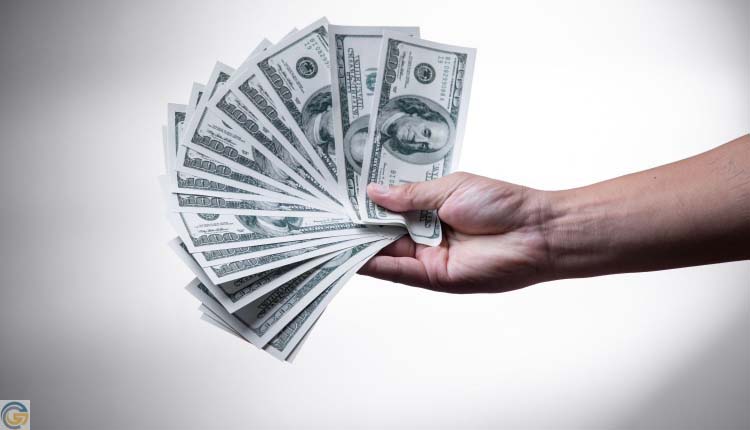This ARTICLE On Mortgage Rates Jump As Retail Sales Beat Expectations And Trade Tensions Ease Was PUBLISHED On September 3rd, 2019
- Mortgage Rates Jump As Retail Sales Beat Expectations
- U.S. retail sales beat expectations in June, July, and August
- Other factors for Mortgage Rates Jump is due to the news of trade tensions easing
- Retail sales beating expectations normally increases consumer confidence and spending
- Economists are predicting a rise in sales of automobiles and other high-ticket items
In this article, we will cover and discuss Mortgage Rates Jump As Retail Sales Beat Expectations and Trade Tensions Ease.
Mortgage Rates Jump With Positive Economic News
In general, mortgage rates jump with positive economic news.
- Mortgage rates are at a 36-month low
- However, home prices are increasing year after year
- Due to rising home prices, HUD increased FHA Loan Limits for 2020 to $331,760
- FHFA has followed with increasing conforming loan limits in 2020 to $510,400
- The VA eliminated loan limit caps
There are no maximum loan limit caps on VA Loans.
Why Are Mortgage Rates At A 3-Year Low With Great Economic News?
Many wonder why mortgage rates are at a 3-year low when the economy is doing so well with rising housing prices? Is something wrong here? Aren’t rates supposed to jump? Why is HUD and the Federal Housing Finance Agency (FHFA) increasing maximum loan limits on FHA and Conventional loans? The reason why rates are dropping is due to fears of inflation and a recession. The current trade war with China and the Trump Administration is making investors and Wall Street very nervous. As trade tensions ease, rates will go up. The biggest fear now is another recession happening. If a recession hits, many experts believe it will be a large prolonged recession like the 2008 Real Estate Collapse. Many potential homebuyers are on the sidelines as rates drop and home prices increase. However, they rather wait and buy a home when things are certain. Countless folks and families got stung big time during the last recession. They want to be prepared when another Great Recession hits.








